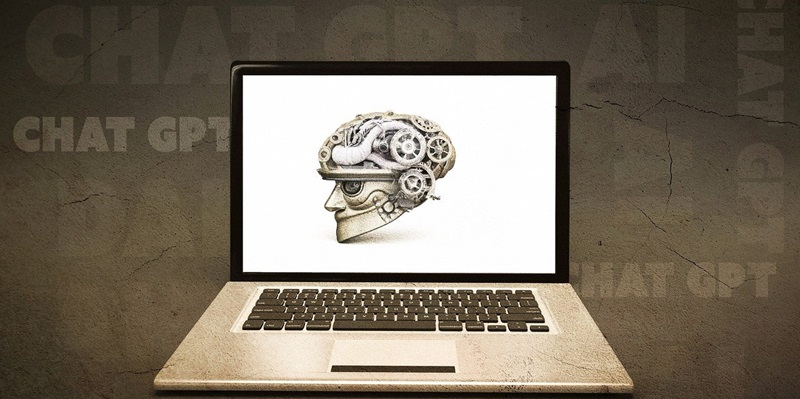The 1950s witnessed the birth of AI, as pioneers such as Alan Turing and Marvin Minsky laid the groundwork for a new frontier in computing. With the advent of electronic computers, the possibilities of creating intelligent machines became a tantalizing reality. This article explores the historical journey of AI, from the early challenges it faced to the advancements fueling its rapid acceleration in the 21st century.
Challenges in the Early Years
In the early years, AI encountered significant hurdles that impeded its progress. Limited computing resources, insufficient data, and the absence of sophisticated algorithms hindered the development of intelligent systems. However, the pioneers persevered, setting the stage for future breakthroughs.
The ‘AI Winter’ of the 1960s
The overly optimistic expectations of the 1960s, known as the ‘AI winter,’ reflected the disappointment stemming from unmet aspirations. Funding and research dwindled as the field struggled to meet the lofty ambitions set in its early days. However, this setback proved to be temporary, laying the groundwork for a renewed wave of interest in the following decades.
Resurgence in the 1970s and 1980s
Despite the setbacks experienced during the “AI winter,” the 1970s and 1980s witnessed a resurgence in interest and research. Expert systems and rule-based AI emerged as promising avenues, showcasing the potential of AI in decision-making and problem-solving domains. Applications in various industries began to take shape.
Machine Learning Emerges
he pre-2000 era saw the emergence of machine learning, which is a critical aspect of contemporary AI. Algorithms were developed to allow systems to learn autonomously from data, enabling them to make predictions and decisions without explicit programming. This breakthrough opened new doors for AI, sparking a revolution that continues to shape the field today.
Focus on Human Language
Understanding human language has always been a cornerstone of AI. Natural Language Processing (NLP) and its related applications have gained prominence during this period. The ability to comprehend, process, and generate human language has become central to various AI applications, such as virtual assistants, chatbots, and language translation systems.
Breakthroughs and Renewed Optimism in the Late 1990s
The late 1990s witnessed remarkable breakthroughs in AI, capturing the public’s attention and reigniting optimism. Chess-playing programs, such as Deep Blue defeating chess grandmaster Garry Kasparov, showcased the potential of AI in complex problem-solving domains. Moreover, advancements in speech recognition technology demonstrated AI’s ability to understand and interpret human speech.
Acceleration of AI Advancements in the 21st Century
With the foundations laid in previous decades, the 21st century witnessed a rapid acceleration in AI advancements. This period marked the convergence of big data, increased computing power, and advancements in algorithms and models. AI was deployed in diverse fields, including healthcare, finance, transportation, and entertainment, revolutionizing industries and transforming the way we live and work.
Acknowledging Realities and Challenges
While the progress of AI has been remarkable, it is crucial to acknowledge the realities and challenges that persist. Ethical considerations, bias in AI systems, data privacy, and unemployment concerns are some of the critical issues that demand attention. Understanding and addressing these challenges is crucial to ensure the responsible and sustainable development of AI.
Navigating the Future of AI
As we navigate the future of AI, acknowledging its historical roots allows us to appreciate the progress made and approach the future with a nuanced understanding of the possibilities and challenges that lie ahead. Collaboration between researchers, policymakers, and industries is essential to ensure the ethical and beneficial use of AI while mitigating potential risks. Continuous research, robust regulations, and investments in AI education and infrastructure will pave the way for a future where AI augments human capabilities and enhances our lives.
The journey of AI, from its birth in the 1950s to the present day, has been filled with challenges, setbacks, and breakthroughs. The field has witnessed waves of enthusiasm and disappointment, but it has persevered and achieved remarkable advancements. As we stand on the cusp of an AI-driven future, it is our responsibility to harness the potential of this powerful technology while ensuring its ethical and responsible use. By acknowledging its historical roots, we can approach the future with a comprehensive understanding of the possibilities, limitations, and challenges that lie ahead.

